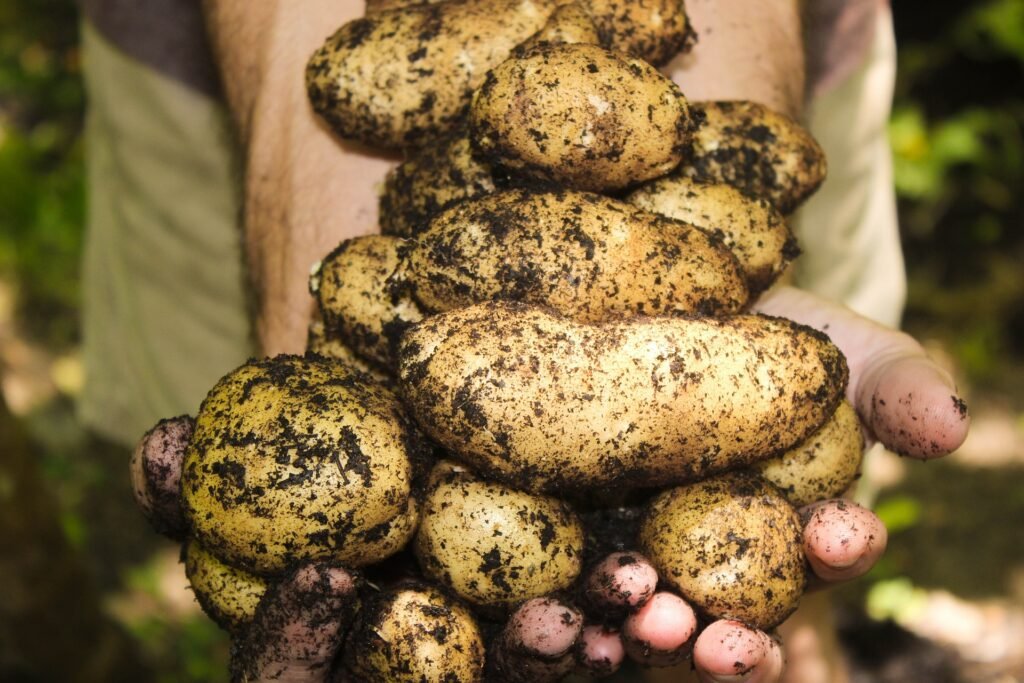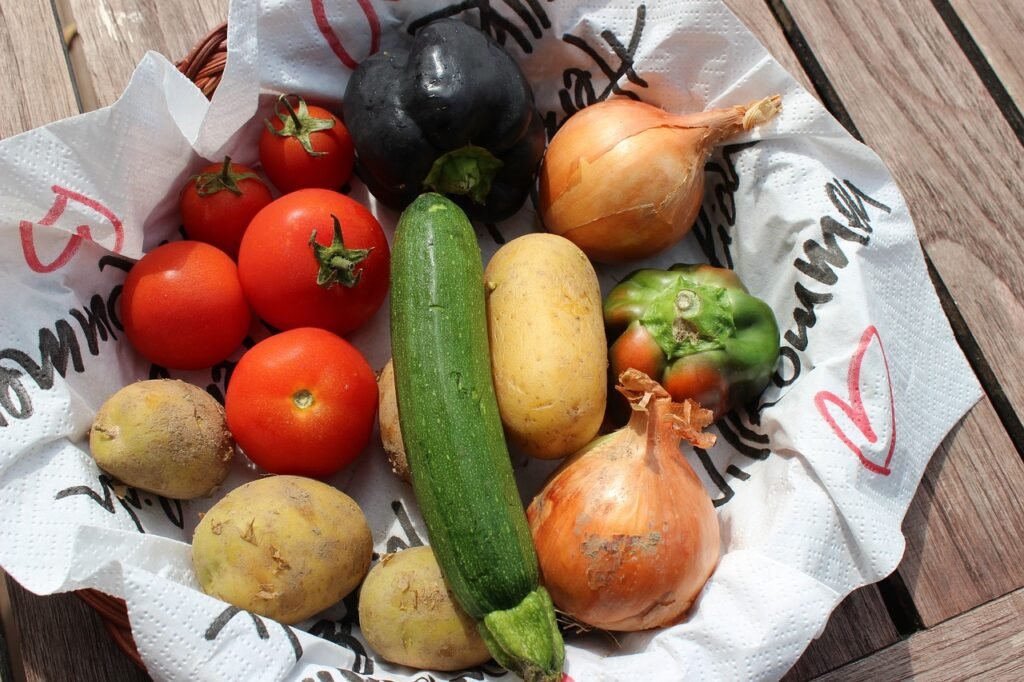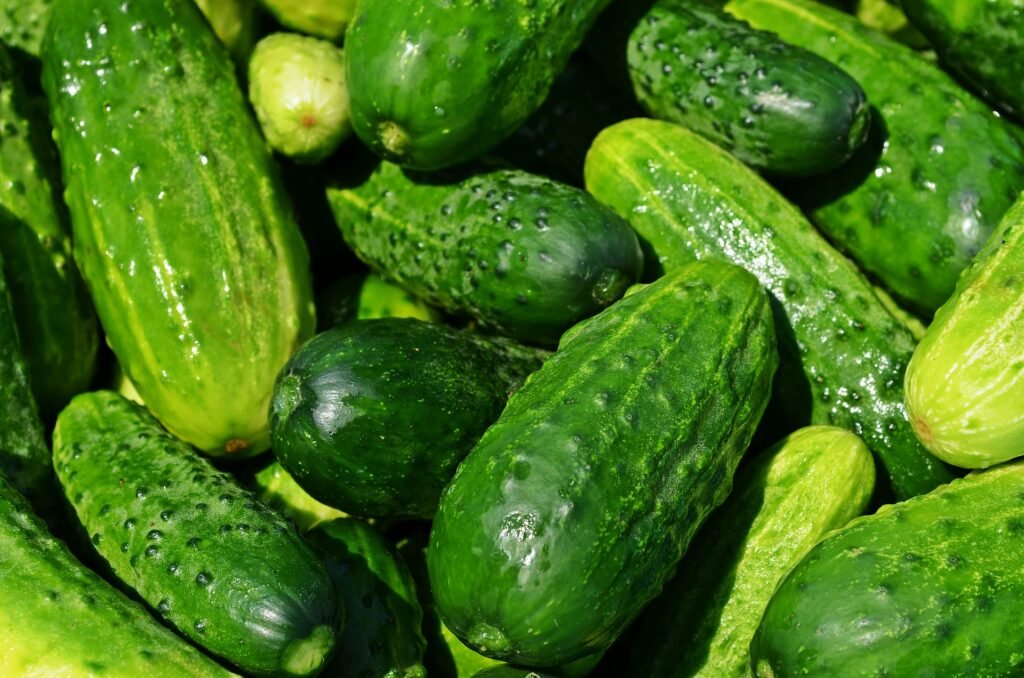In the world adding consciousness of clean eating and factory-grounded diets; understanding where to get your nutrients, especially protein, will transform the way you approach your reflections! While it is common knowledge that flesh and dairy products harbor high quantities of protein; vegetables can also be significant protein contributors and important facts for anyone eyeing a submissive or vegan life. This composition claws into the top 10 protein-rich vegetables that can add diversity and sprightliness to your plate while fueling your body impressively!!
Why Focus One Protein in Vegetables?
Protein is a pivotal macro-nutrient essential for erecting muscle mass, repairing towels, and making enzymes and hormones! For these reducing meat input, knowing which vegetables provide this indigent nutrient helps maintain a balanced diet!
The Benefits of Vegetable- Grounded Protein
Sustainability- Factory-grounded proteins reduce environmental vestiges!!!
Health Benefits Lower pitfalls of heart complaint, and hypertension. And type 2 diabetes!!!
Availability- Generally more accessible and affordable than beast proteins!!
Top 10 Protein-Rich Vegetables
Let us break down the vegetables that are not only rich in color and flavor but also protein. Each of these veggies offers a unique profile of nutrients beyond just protein, making them each-round titleholders for your health!
1. Peas
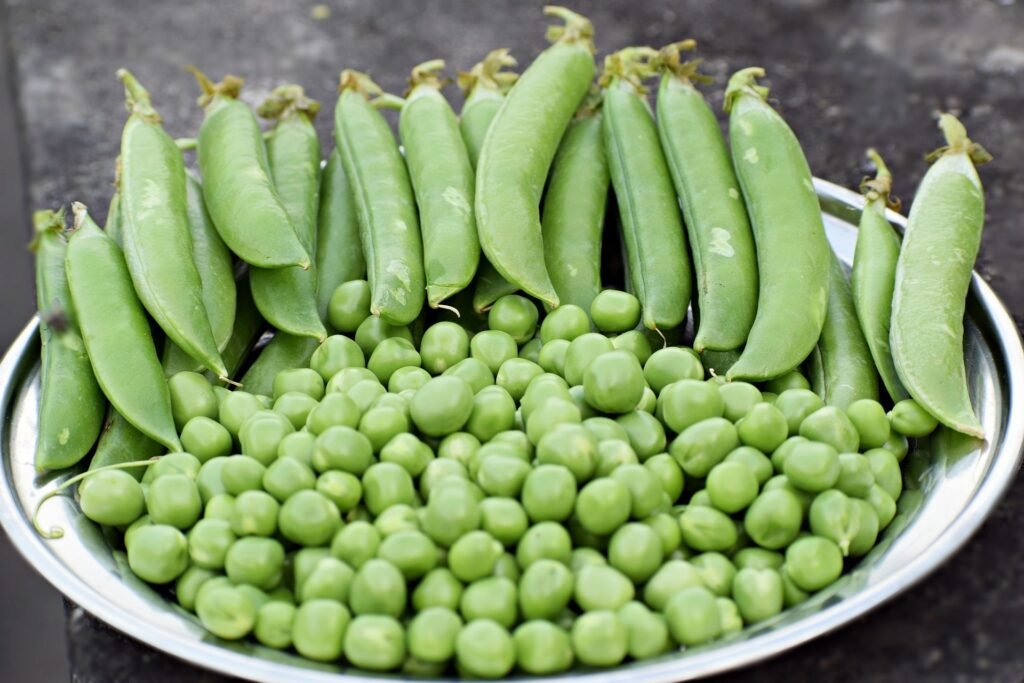
Each mug of green peas contains roughly 8 grams of protein, making them one of the most protein-thick vegetables you can eat. Peas are also great sources of vitamins A, C, K, and several B vitamins!!!
2. Spinach
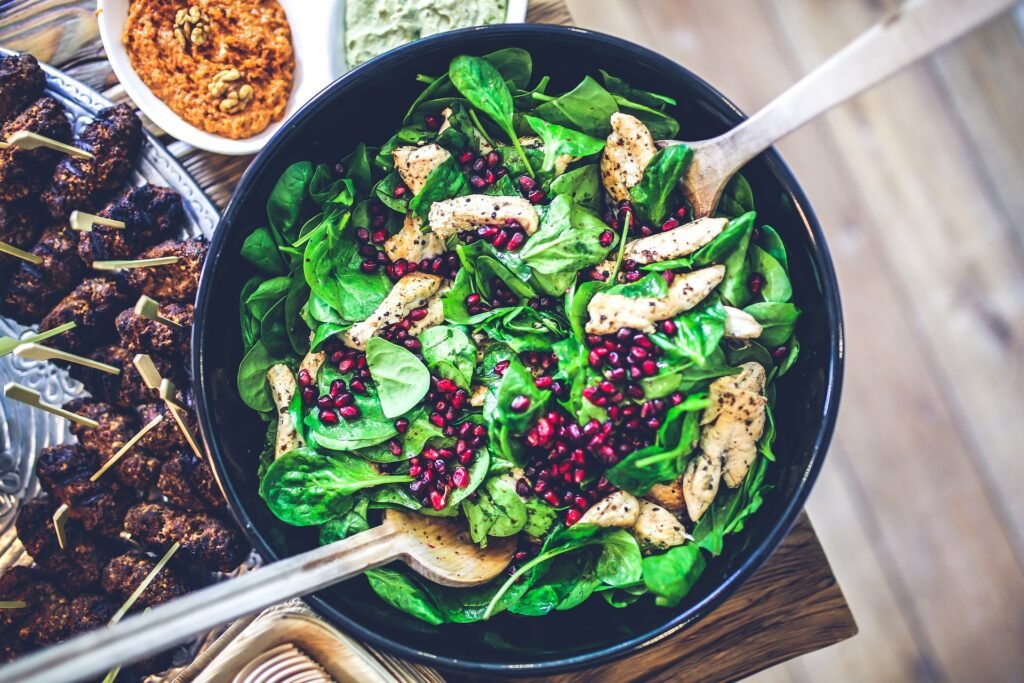
This spinach lush herbage is not only low in calories but also has about 5 grams of protein per cooked mug; it is also an excellent source of iron, folate, and magnesium.
3. Kale
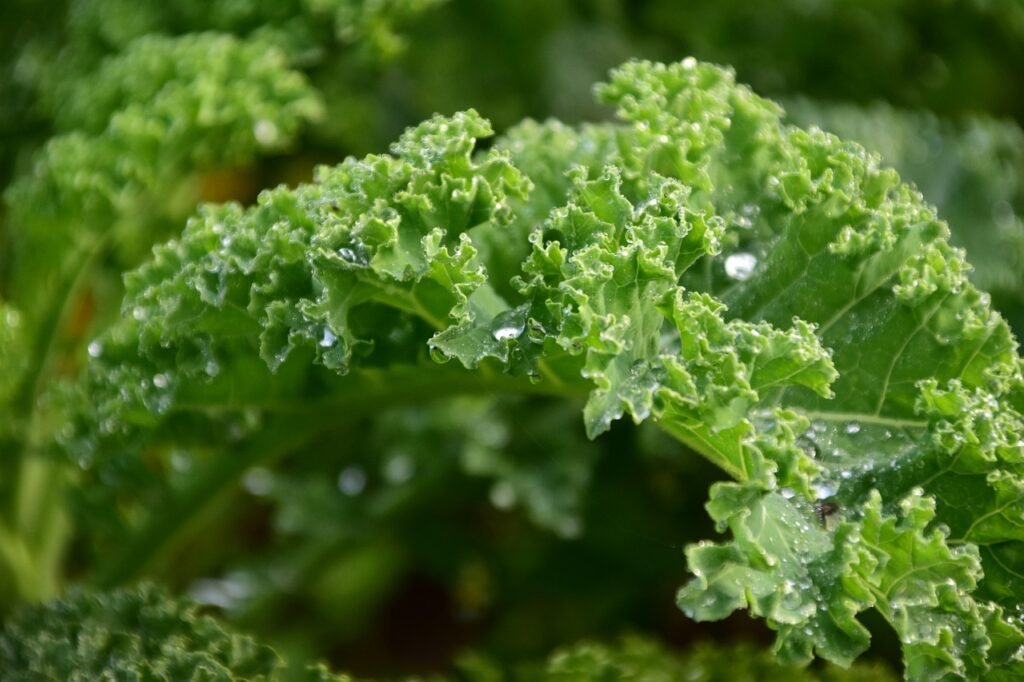
Kale packs about 3 grams of protein per raw mug and is rich in vitamins A, K, and C. It is an important antioxidant and great for reducing inflammation.
4. Broccoli
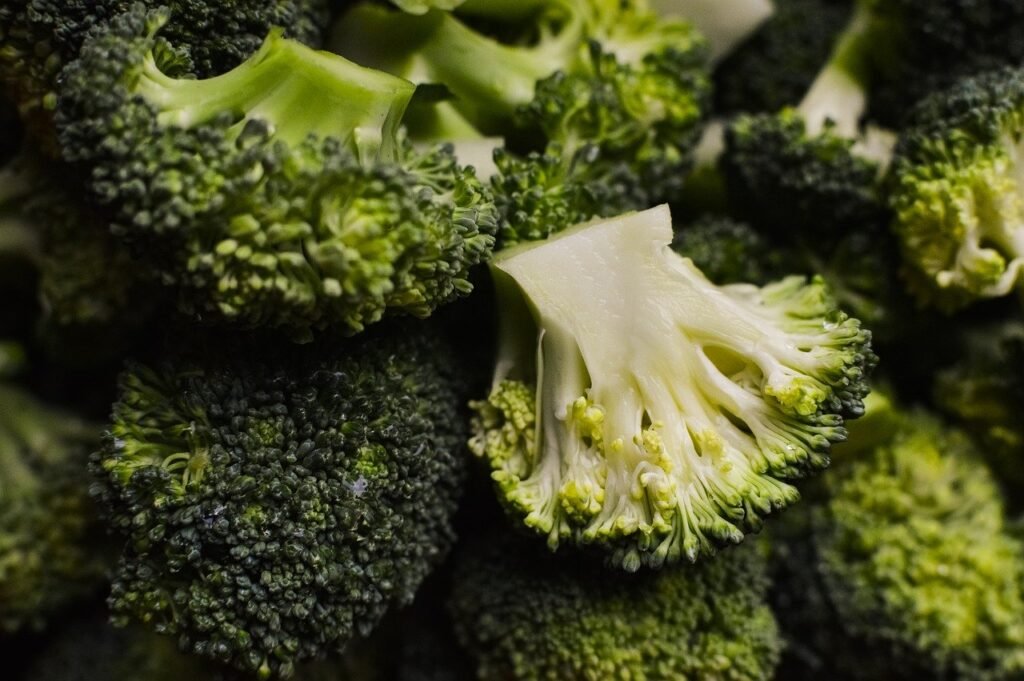
With roughly 4 grams of protein per stalk, broccoli does not just offer protein — it is also loaded with fiber, vitamins C and K; and iron!
5. Brussels Sprouts
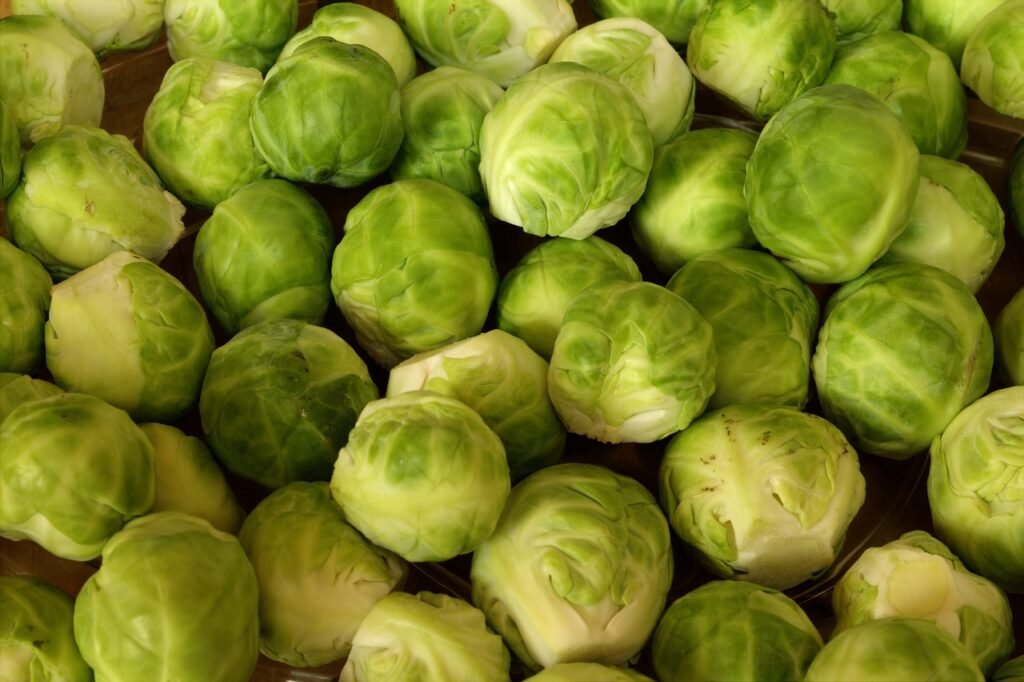
These bitsy cabbages have about 4 grams of protein per mug and are full of vitamins C and K, potassium, and fiber!!! so we should have more Brussels sprouts cultivation.
6. Asparagus
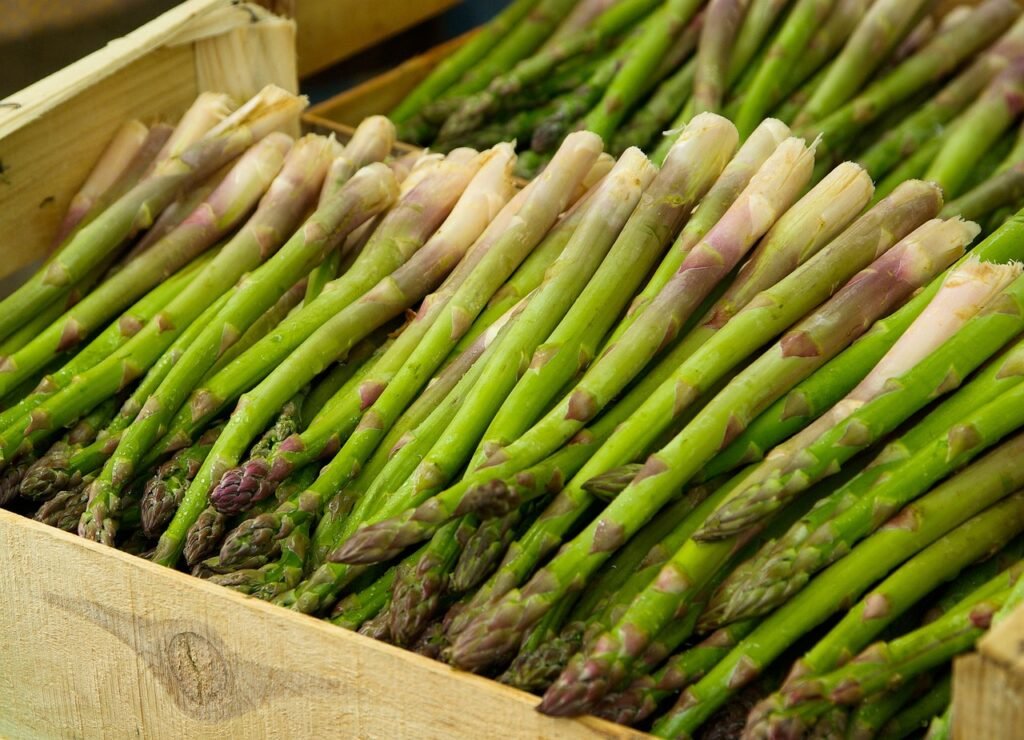
At about 3 grams of protein per mug, asparagus also offers a lovely crunch and plenitude of nutrients like filaments, folate, and vitamins A, C, and K!
7. Artichokes
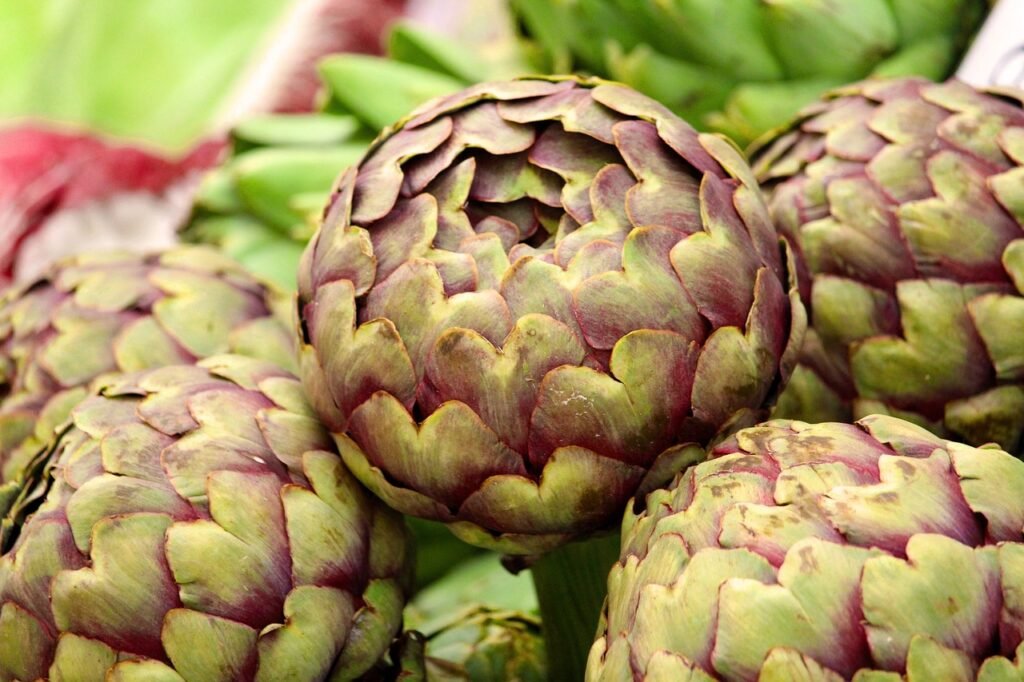
Artichokes are intriguing because they give 4 grams of protein per artichoke AND are also a rich source of filaments, vitamin C, and magnesium!
8. sludge
Sweet sludge offers about 5 grams of protein per mug along with essential filaments, vitamins, and minerals. It is a chief in numerous diets for a good reason!!
9. Potatoes
A large potato provides about 8 grams of protein, along with significant quantities of vitamin C and potassium.
10. Sweet Potatoes
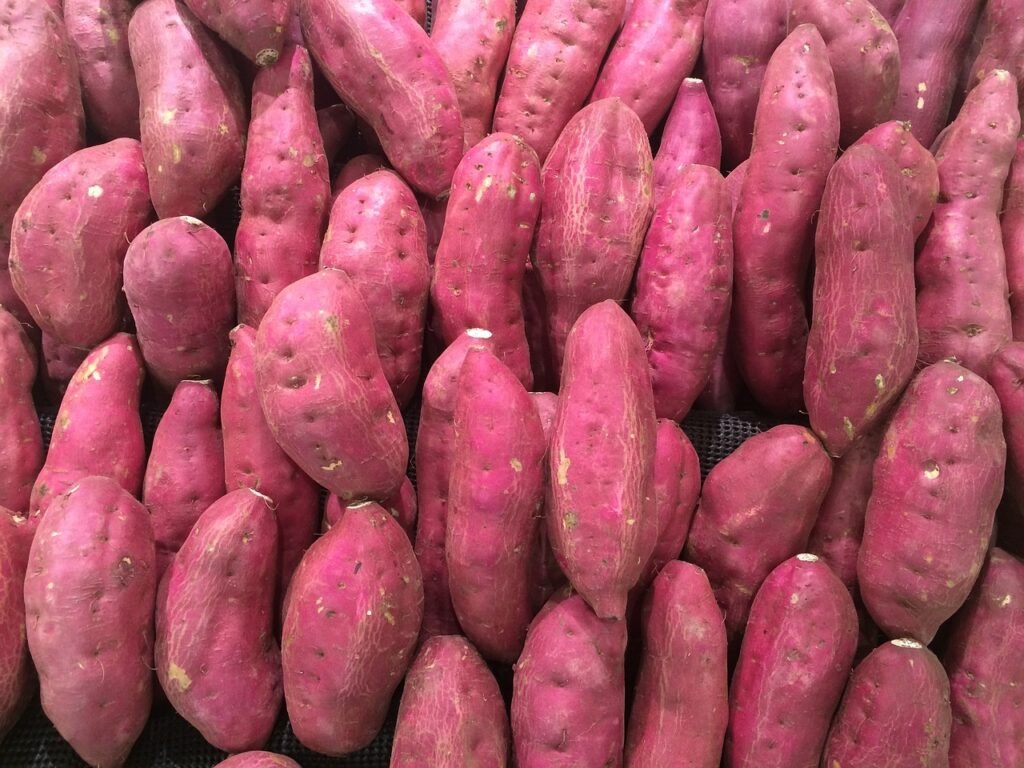
Like their relatives, sweet potatoes have about 2 grams of protein per potato but excel in furnishing vitamin A and potassium!!
Combination for Maximum Benefits
To optimize protein input from vegetables; consider combining them with grains or legumes. This system enhances the protein volume and quality, offering a broader range of essential amino acids.
Example reflections
Pea and Quinoa Salad- A protein-packed lunch option!!!
Spinach and Chickpea Stir- fry- Ideal for a fulfilling regale?
Conclusion Embracing Vegetable Proteins in Your Diet
Adding these protein-rich vegetables into your diet is not just about following a trend; it is about making smart, healthy choices for a balanced diet!!!! Each vegetable listed provides protein and other nutrients that promote overall health! Diversify your plate and enjoy the vast flavors and benefits that this protein- bootstrappers have to offer!?
